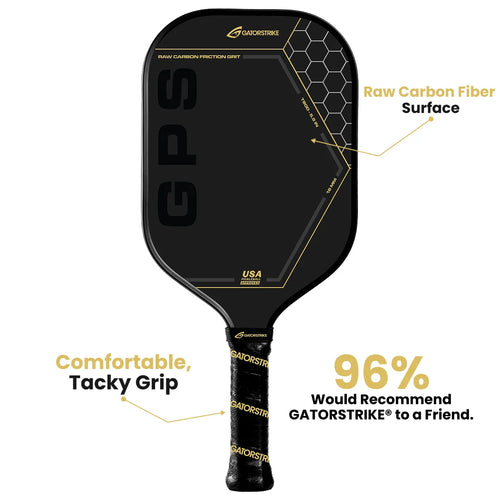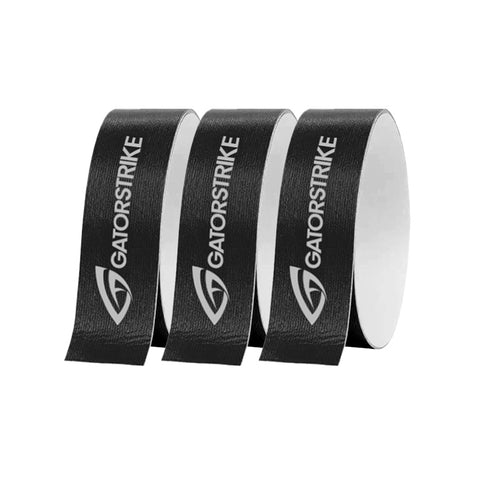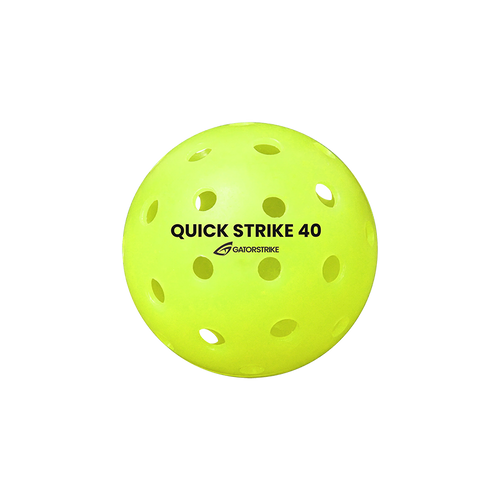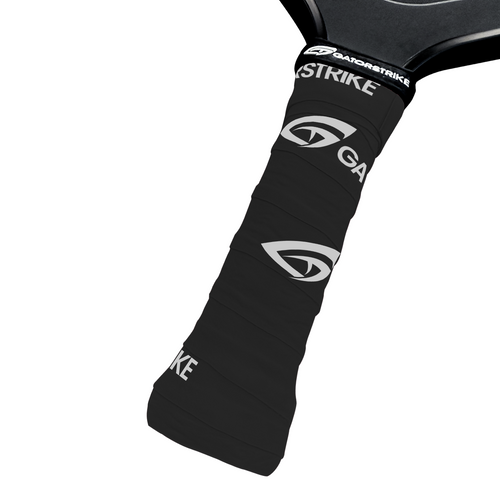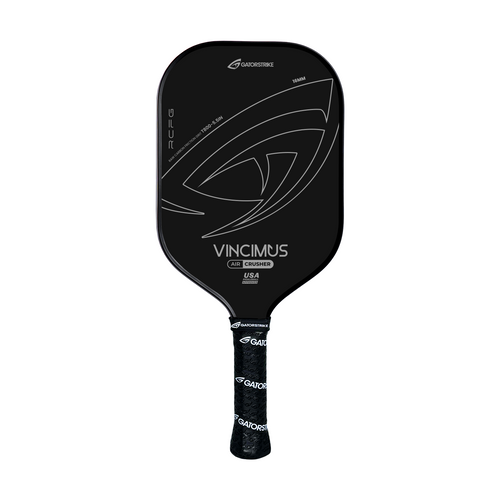
Pickleball Superstitions and Rituals: Quirky Habits of Players and Pros
Share
Every sport has its quirks, and pickleball is no exception. While strategy, skill, and training play vital roles in a player’s performance, many athletes—both amateurs and professionals—swear by their superstitions and pre-game rituals. From lucky socks to paddle-tapping sequences, these traditions range from amusing to downright bizarre.
But why do players hold onto these seemingly irrational behaviors? Is there a psychological edge to superstition, or is it just part of the fun? Let’s explore the fascinating world of pickleball superstitions and the habits that players refuse to break.
1. The Psychology Behind Superstitions in Sports
Superstitions in sports are nothing new. Athletes across disciplines have long relied on rituals to create a sense of control and consistency. In pickleball, where matches can be won or lost in an instant, players often seek comfort in routines that make them feel more confident and mentally prepared.
Why Do Players Develop Superstitions?
- Sense of Control: In a game where unpredictable bounces and split-second decisions dictate success, routines provide stability.
- Confidence Booster: If a certain habit coincides with a great performance, players may associate it with good luck.
- Reducing Anxiety: Rituals can serve as calming mechanisms before a match, easing nerves and setting the right mindset.
Even if the logic behind these habits is questionable, the psychological benefits can be very real.
2. Pre-Match Rituals: Setting the Stage for Victory
Many players develop strict pre-game habits to get into the right mindset before stepping onto the court.
Common Pre-Match Rituals Among Pickleball Players:
- The Paddle Tap Tradition: Some players insist on tapping their paddle a certain number of times before the first serve—no more, no less.
- Lucky Outfits: Wearing the same socks, shoes, or even headbands for every match is a widespread superstition. Some players even refuse to wash their lucky gear during a tournament!
- Court Entry Superstitions: A few players always step onto the court with their right foot first, believing it will bring them good fortune.
- Music for Motivation: Many competitors listen to the same song or playlist before every match, using it as a mental trigger to enter “the zone.”
These rituals may seem trivial, but for many players, they are essential for peak performance.
3. In-Game Superstitions: Quirks on the Court
Once the game begins, players’ superstitions don’t stop—they continue with unique habits that they believe influence their play.
Some of the Strangest In-Game Superstitions:
- Ball Selection Obsession: Many players refuse to use a certain ball if they lost a point with it, opting instead for a “fresh” one they associate with good luck.
- Resetting the Paddle Grip: Some pros have a habit of spinning or adjusting their paddle grip between every point, almost as if it resets their mindset.
- Serving Rituals: From bouncing the ball a precise number of times to whispering a personal mantra before serving, many players stick to strict pre-serve routines.
- Never Stepping on the Lines: Some competitors avoid stepping on boundary lines during play, a superstition borrowed from tennis.
While these habits might not have any actual impact on gameplay, they provide a sense of rhythm and control that many players rely on.
4. Post-Match Traditions: Celebrations and Recovery Rituals
Superstitions don’t end once the final point is played. Many players have unique post-match routines that they believe contribute to continued success.
Popular Post-Match Rituals:
- Victory (or Recovery) Meals: Some athletes swear by eating the same meal after every win, believing it fuels future success. Others avoid certain foods on game days, convinced they bring bad luck.
- Gear Handling Traditions: Some players never let anyone else touch their paddle after a match, fearing it will disrupt the “energy” of their equipment.
- Post-Game Reflection Habits: Journaling about every match, win or lose, has become a superstition for players who believe that recording their experiences helps them retain their strengths and correct their weaknesses.
While these traditions might seem odd to outsiders, they reinforce confidence and mental discipline in those who follow them.
5. Superstitions of Pickleball Pros: The Legends’ Quirky Habits
Even the best players in the world aren’t immune to superstitious behaviors. While some of these habits remain closely guarded secrets, others have become part of pickleball folklore.
Notable Pro Pickleball Superstitions:
- "The Lucky Paddle" Phenomenon: Some top-tier players refuse to change their paddle during a tournament, even if it’s slightly damaged, believing it holds their good fortune.
- Wearing the Same Wristband or Hat for Every Match: A few pros believe that switching out their accessories could disrupt their game flow.
- Dinking Superstitions: Some competitors insist on playing a certain number of dinks during warmups to ensure they’re “dialed in” before a match.
- Handshake Rituals: A handful of pros insist on shaking hands in a specific order or pattern before the first serve, believing it sets the tone for the match.
These habits may seem eccentric, but they highlight how much mindset and mental preparedness matter in high-level pickleball.
Conclusion: Superstition or Strategy?
At the heart of these quirky rituals lies a universal truth: pickleball is as much a mental game as it is a physical one. Whether it’s a lucky pair of socks or a meticulously followed pre-serve routine, these traditions help players feel prepared, confident, and in control.
While superstitions might not have any scientific basis, their psychological impact is undeniable. If tapping a paddle a certain way or avoiding a specific ball helps a player feel more at ease, then who’s to say it doesn’t work?
So, next time you step onto the court, take note—what small habits have become part of your own pickleball routine? Who knows? You might just have a lucky charm of your own!
